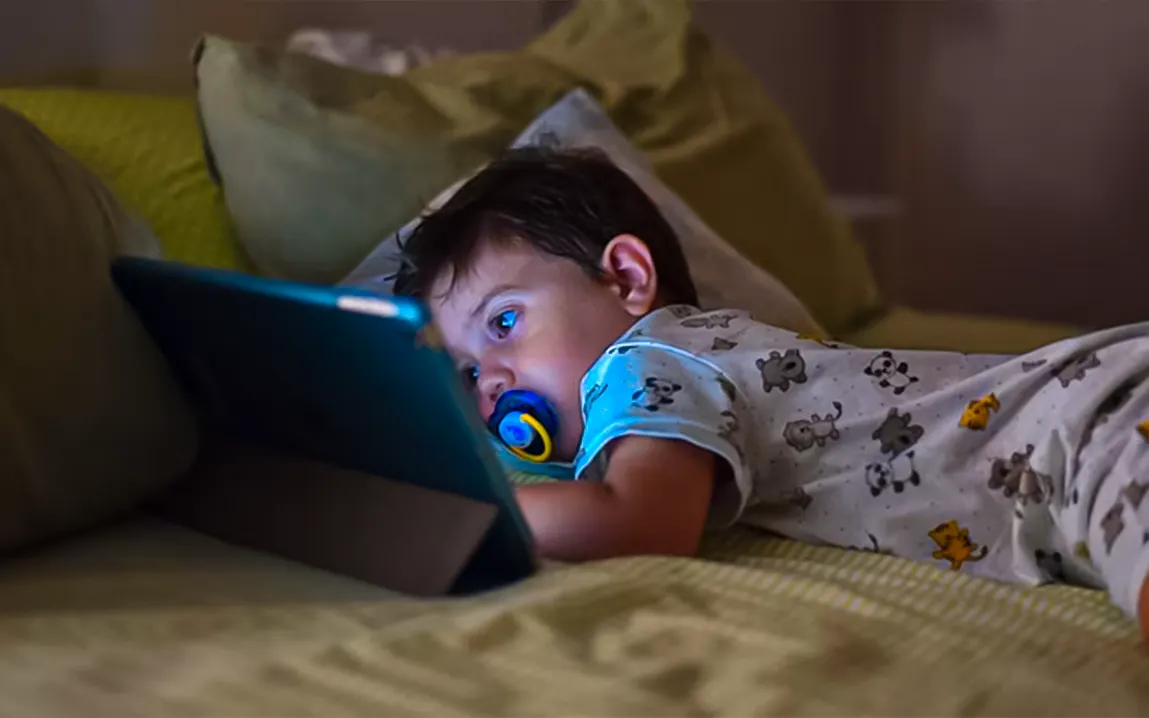Experts warn that excessive screen time is impairing a child’s ability to focus and develop. They urge parents to devise a more balanced strategy for engaging their children with the media.
The new generation is getting exposed to a lot of screens through smartphones, tablets, and computers. While technology can be educational, experts warn that too much screen time can impede a child’s ability to focus and impact cognitive development.
According to a study supported by the Princess of Wales, “technoference,” or technology interference between parents and young children, should be dealt with at its lowest level. The report indicates that parent exposure to a smartphone while playing with a baby or toddler restrains the development of speech among children. It underlines the importance of “eye-gaze” as well as direct engagement for the maturation of social-emotional skills among children.
Studies by Cincinnati Children’s Hospital showed that high levels of screen exposure interfere with the growth and development of the brain much earlier. The research study had discovered that excessive exposure to screens causes slower brain maturation, resulting in skill imbalances such as reduced imagery, mental control, and self-regulation.
The American Academy of Pediatrics recommends that children aged 3-5 years should not screen more than an hour in a day. Beyond the time limit leads to slower growth in the brain and has significant impacts on the development of literacy, cognition, and language abilities.
Some educational institutions have responded to these concerns. In England, the Ormiston Academies Trust has said that it has imposed a ban on mobile phones in all its 44 state schools, cutting across 35,000 students. The trust is eliminating distractions and enhancing the concentration capabilities of the students so as to reduce the negative impacts of smartphones on mental health and education.
Experts further recommend that parents should limit screen time and make sure the child gets 9-12 hours of sleep. They also promote active playtime of more than an hour per day. Co-viewing programs with children and discussing content with them also enriches the experience of screen time and counterbalances its adverse effects.
Balance in media usage and encouraging children to develop a similar lifestyle are measures that help the parents bring them up cognitively and socially while at the same time providing the world with a healthier and focused future generation.



